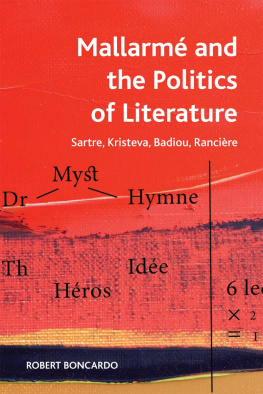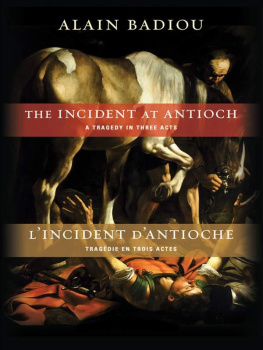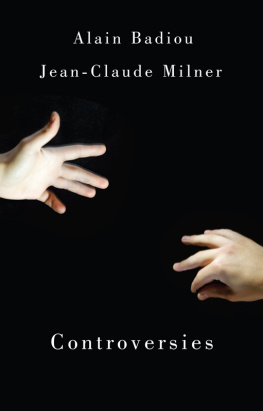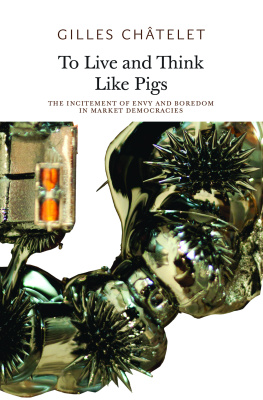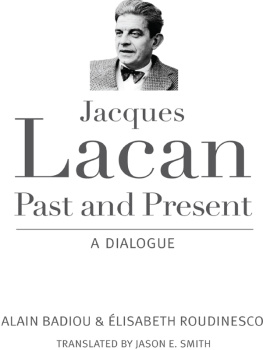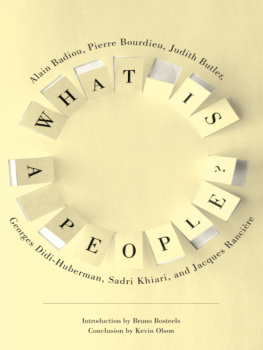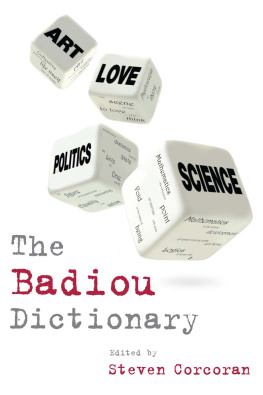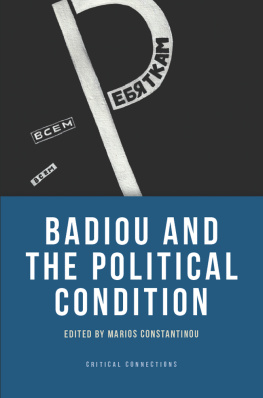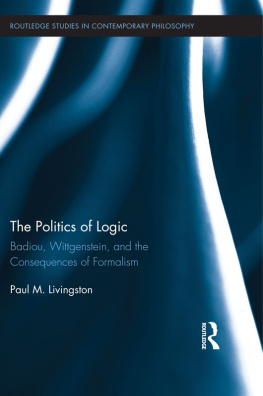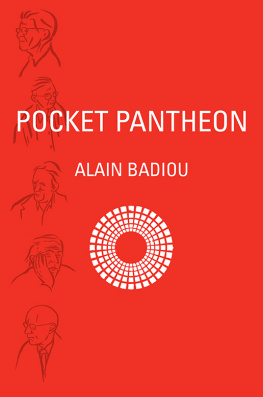
MALLARM AND THE
POLITICS OF LITERATURE
Crosscurrents
Exploring the development of European thought through engagements with the arts, humanities, social sciences and sciences
Series Editor
Christopher Watkin, Monash University
Editorial Advisory Board
Andrew Benjamin
Martin Crowley
Simon Critchley
Frederiek Depoortere
Oliver Feltham
Patrick ffrench
Christopher Fynsk
Kevin Hart
Emma Wilson
Titles available in the series:
Difficult Atheism: Post-Theological Thinking in Alain Badiou, Jean-Luc Nancy and Quentin Meillassoux
Christopher Watkin
Politics of the Gift: Exchanges in Poststructuralism
Gerald Moore
Unfinished Worlds: Hermeneutics, Aesthetics and Gadamer
Nicholas Davey
The Figure of This World: Agamben and the Question of Political Ontology
Mathew Abbott
The Becoming of the Body: Contemporary Womens Writing in French
Amaleena Daml
Philosophy, Animality and the Life Sciences
Wahida Khandker
The Event Universe: The Revisionary Metaphysics of Alfred North Whitehead
Leemon B. McHenry
Sublime Art: Towards an Aesthetics of the Future
Stephen Zepke
Mallarm and the Politics of Literature: Sartre, Kristeva, Badiou, Rancire
Robert Boncardo
Forthcoming Titles:
Visual Art and Projects of the Self
by Katrina Mitcheson
Visit the Crosscurrents website at edinburghuniversitypress.com/series/cross
MALLARM AND
THE POLITICS OF
LITERATURE
Sartre, Kristeva, Badiou, Rancire
Robert Boncardo

Edinburgh University Press is one of the leading university presses in the UK. We publish academic books and journals in our selected subject areas across the humanities and social sciences, combining cutting-edge scholarship with high editorial and production values to produce academic works of lasting importance. For more information visit our website: edinburghuniversitypress.com
Robert Boncardo, 2018
Edinburgh University Press Ltd
The Tun Holyrood Road
12(2f) Jacksons Entry
Edinburgh EH8 8PJ
A CIP record for this book is available from the British Library
ISBN 978 1 4744 2955 9
The right of Robert Boncardo to be identified as the author of this work has been asserted in accordance with the Copyright, Designs and Patents Act 1988, and the Copyright and Related Rights Regulations 2003 (SI No. 2498).
Contents
Acknowledgements
I wish above all to thank three intellectual influences, without whom it would have been impossible to carry out this project: Elizabeth Rechniewski, Franoise Grauby and Claude Perez, my advisors at Sydney University and Aix-Marseille University. I would also like to thank my closest comrades, Christian R. Gelder, Claudia Hill and Bryan Cooke, who read the manuscript and offered advice on how to improve it. I am solely responsible for the faults that remain.
This book is dedicated to my family: Guy, Debbie, Philip and Felicity Boncardo.
Abbreviations
| Alain Badiou |
| BE | Being and Event |
| C | Conditions |
| HI | Handbook of Inaesthetics |
| TOTS | Theory of the Subject |
| Jean-Franois Hamel |
| CM | Camarade Mallarm |
| Julia Kristeva |
| RLP | Revolution in Poetic Language |
| Stphane Mallarm |
| OC | uvres compltes I |
| OC II | uvres compltes II |
| CP | Collected Poems: A Bilingual Edition |
| D | Divagations |
| PV | The Poems in Verse |
| Quentin Meillassoux |
| NS | The Number and the Siren |
| Jean-Claude Milner |
| C | Constats |
| MP | Mallarm Perchance |
| MT | Mallarm au tombeau |
| Jacques Rancire |
| MS | Mute Speech |
| PL | The Politics of Literature |
| PS | Mallarm: The Politics of the Siren |
| Jean-Paul Sartre |
| MPN | Mallarm, or The Poet of Nothingness |
| FI | The Family Idiot: Gustave Flaubert, 18211857. Volume 5 |
Series Editors Preface
Two or more currents flowing into or through each other create a turbulent crosscurrent, more powerful than its contributory flows and irreducible to them. Time and again, modern European thought creates and exploits crosscurrents in thinking, remaking itself as it flows through, across and against discourses as diverse as mathematics and film, sociology and biology, theology, literature and politics. The work of Gilles Deleuze, Jacques Derrida, Slavoj iek, Alain Badiou, Bernard Stiegler and Jean-Luc Nancy, among others, participates in this fundamental remaking. In each case disciplines and discursive formations are engaged, not with the aim of performing a pre-determined mode of analysis yielding a philosophy of x, but through encounters in which thought itself can be transformed. Furthermore, these fundamental transformations do not merely seek to account for singular events in different sites of discursive or artistic production but rather to engage human existence and society as such, and as a whole. The cross-disciplinarity of this thought is therefore neither a fashion nor a prosthesis; it is simply part of what thought means in this tradition.
Crosscurrents begins from the twin convictions that this re-making is integral to the legacy and potency of European thought, and that the future of thought in this tradition must defend and develop this legacy in the teeth of an academy that separates and controls the currents that flow within and through it. With this in view, the series provides an exceptional site for bold, original and opinion-changing monographs that actively engage European thought in this fundamentally cross-disciplinary manner, riding existing crosscurrents and creating new ones. Each book in the series explores the different ways in which European thought develops through its engagement with disciplines across the arts, humanities, social sciences and sciences, recognising that the community of scholars working with this thought is itself spread across diverse faculties. The object of the series is therefore nothing less than to examine and carry forward the unique legacy of European thought as an inherently and irreducibly cross-disciplinary enterprise.
Christopher Watkin
Cambridge
February 2011
Introduction:
Comrade Mallarm
Throughout his posthumous reception, in particular in the post-war period, the late nineteenth-century poet Stphane Mallarm has been a privileged object of reflection for French intellectuals. Intriguingly, his writings have been drawn on not only to lend support to positions in philosophy or poetics: they have also been seen as politically significant. In stark contrast to the image that circulates of him as an aloof aristocrat unconcerned by history, Mallarm has frequently been the writer of choice for twentieth-century French thinkers concerned with the politics of literature. From the work of Jean-Paul Sartre to that of Julia Kristeva, Alain Badiou, Jean-Claude Milner and Jacques Rancire, among many others, Mallarm has been at the centre of political thought in French intellectual life. In fact, he has become comrade Mallarm, the glorious ancestor of all those who would seek to argue for the progressive or revolutionary virtues of literature.
Next page
